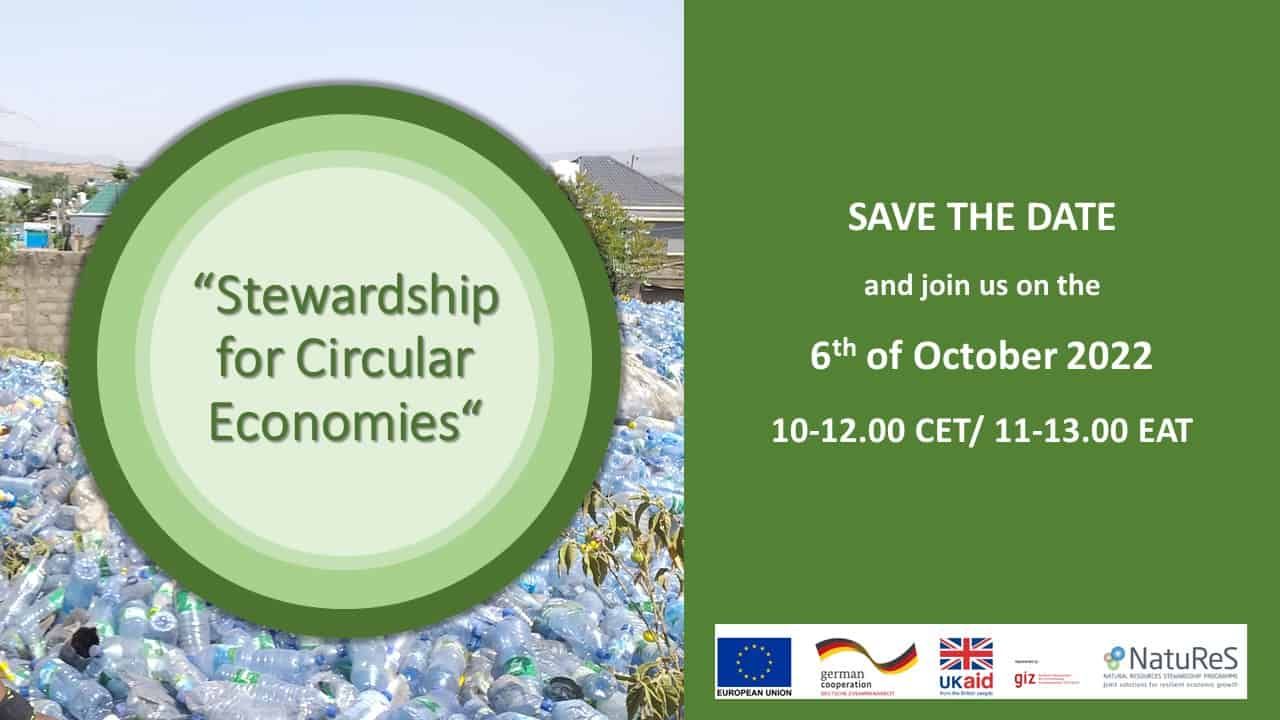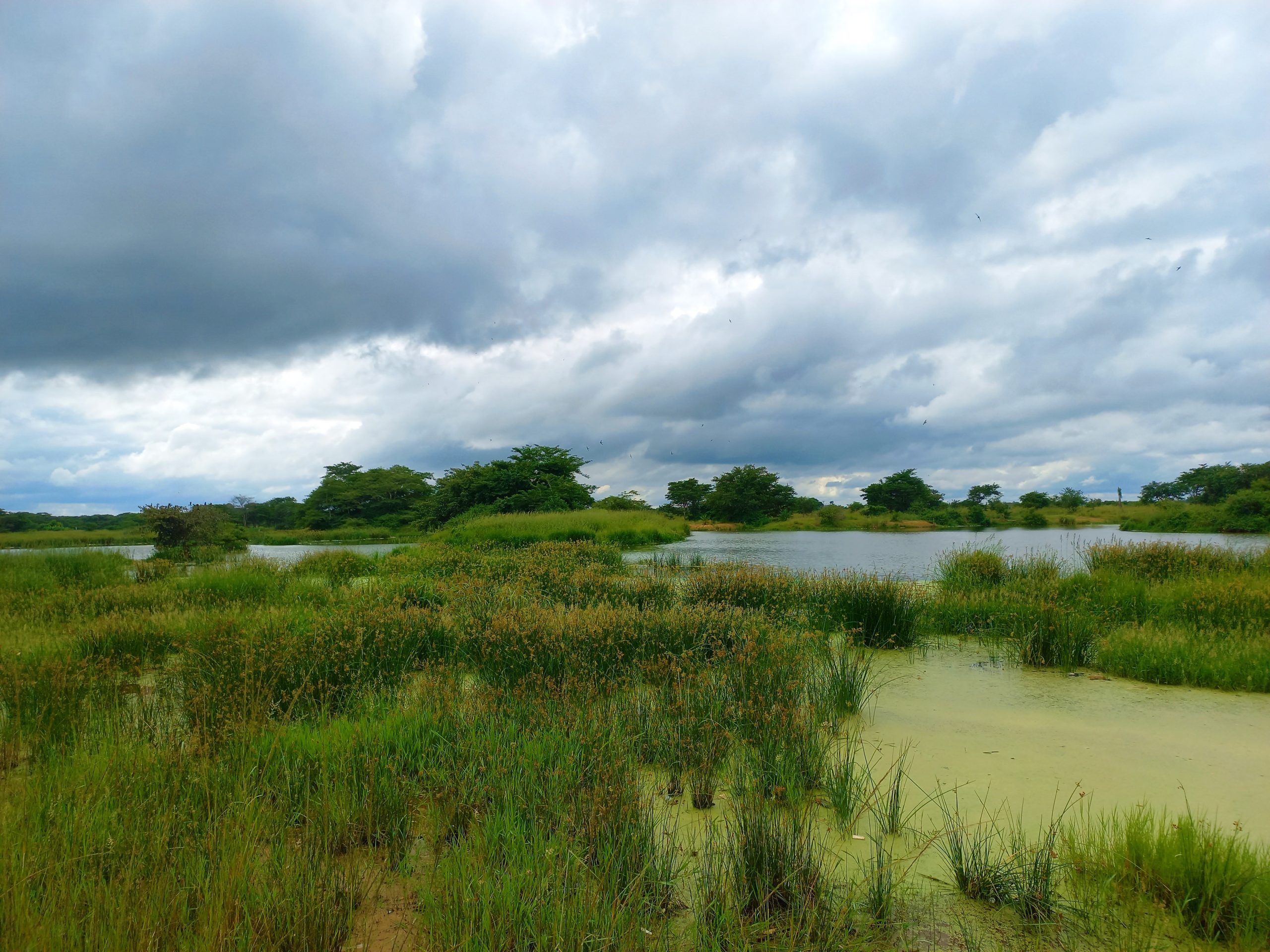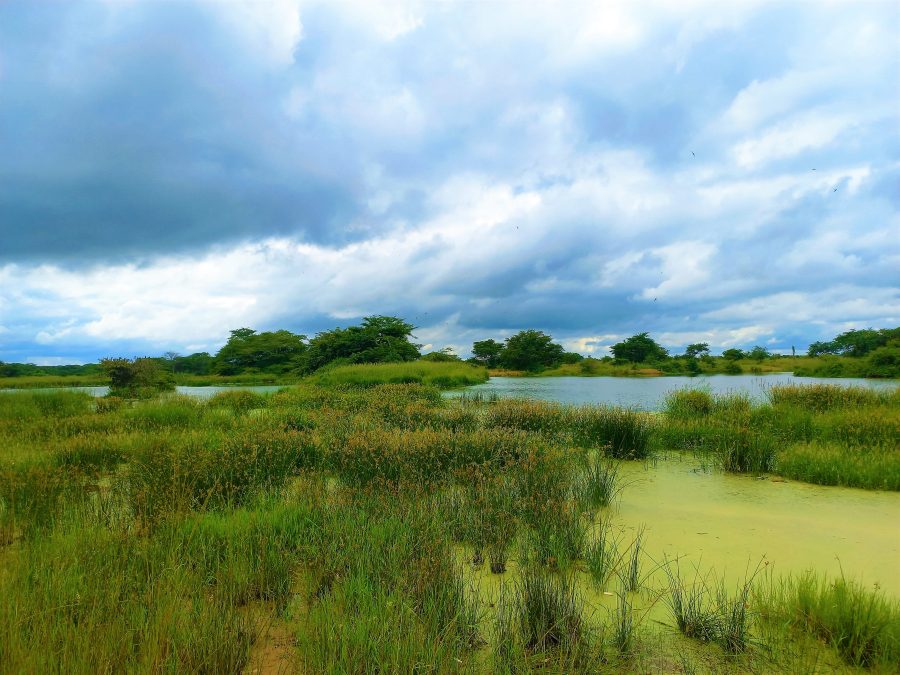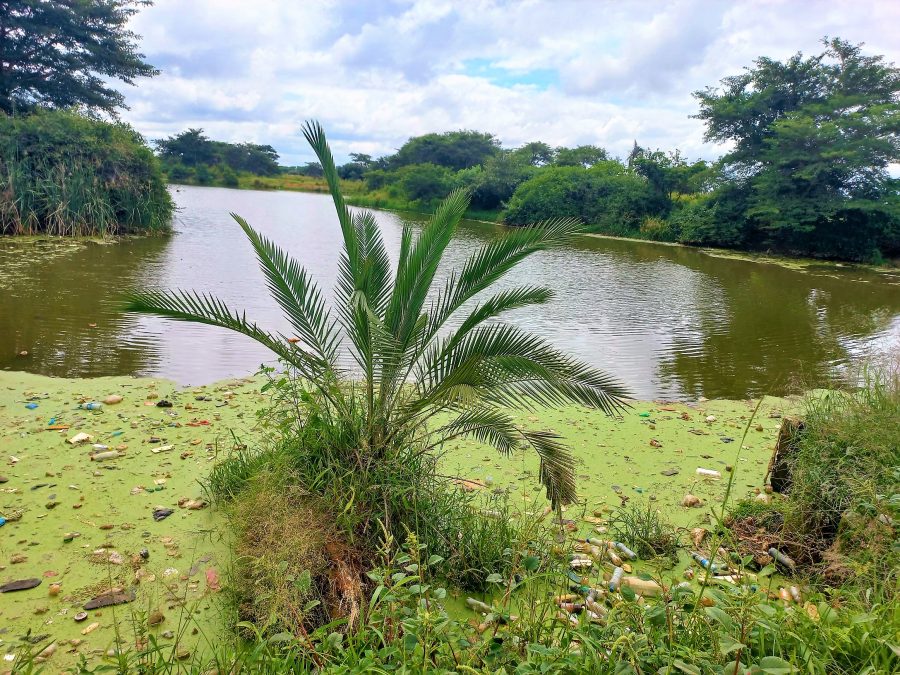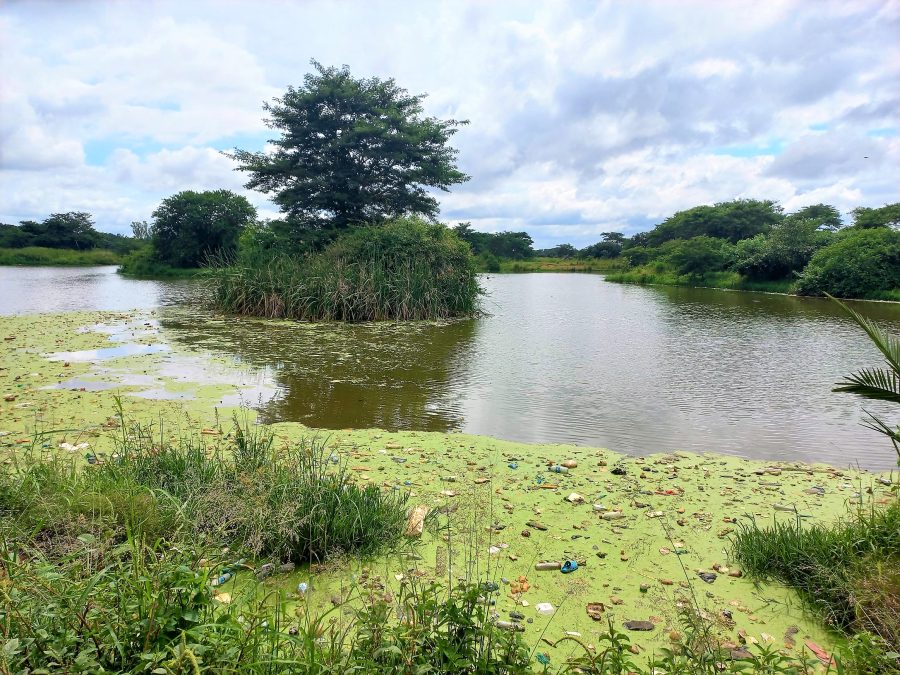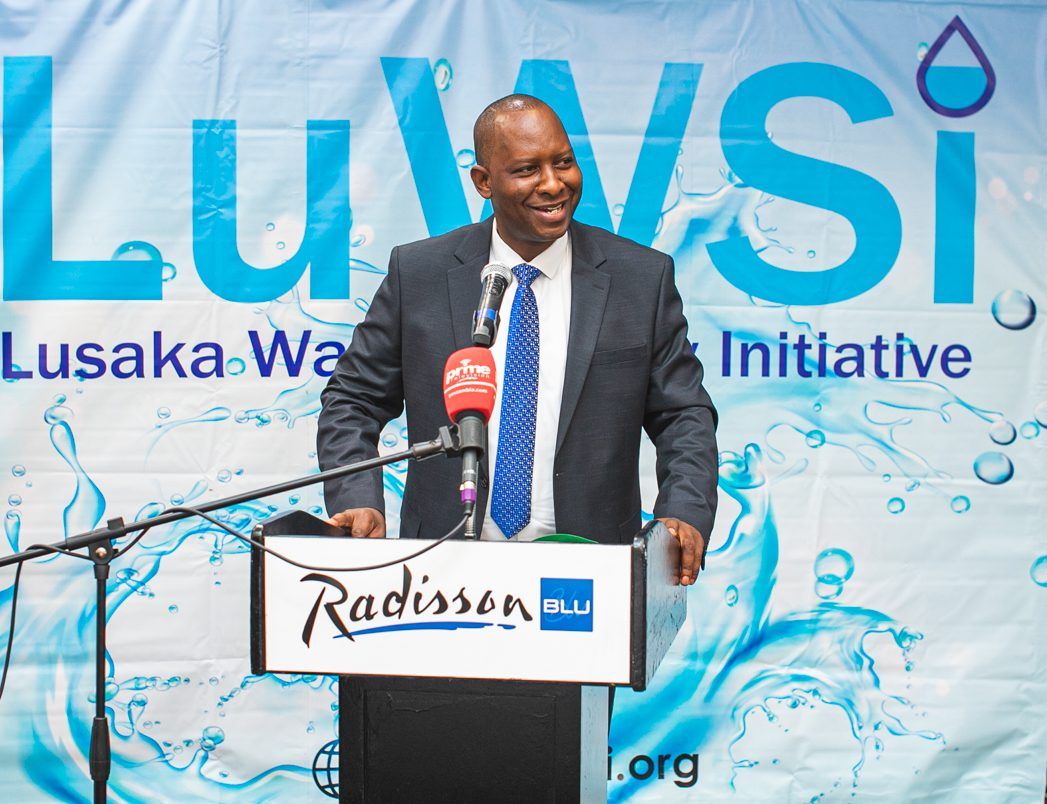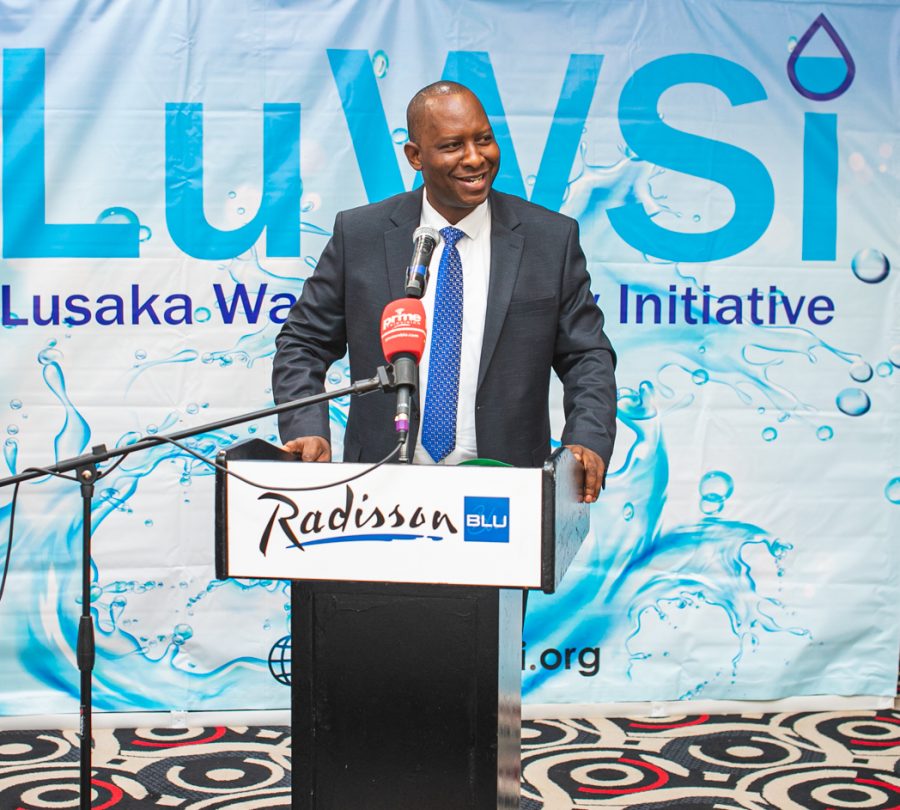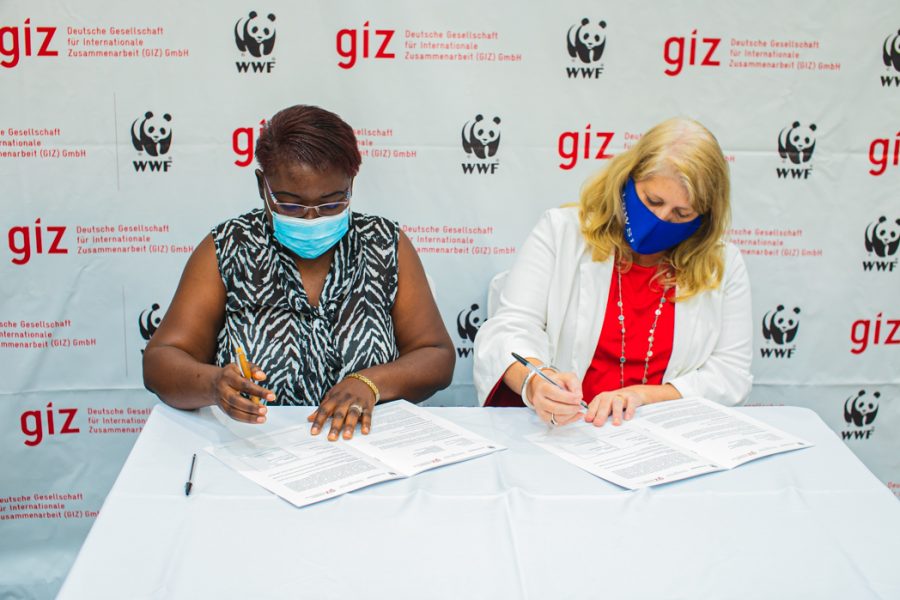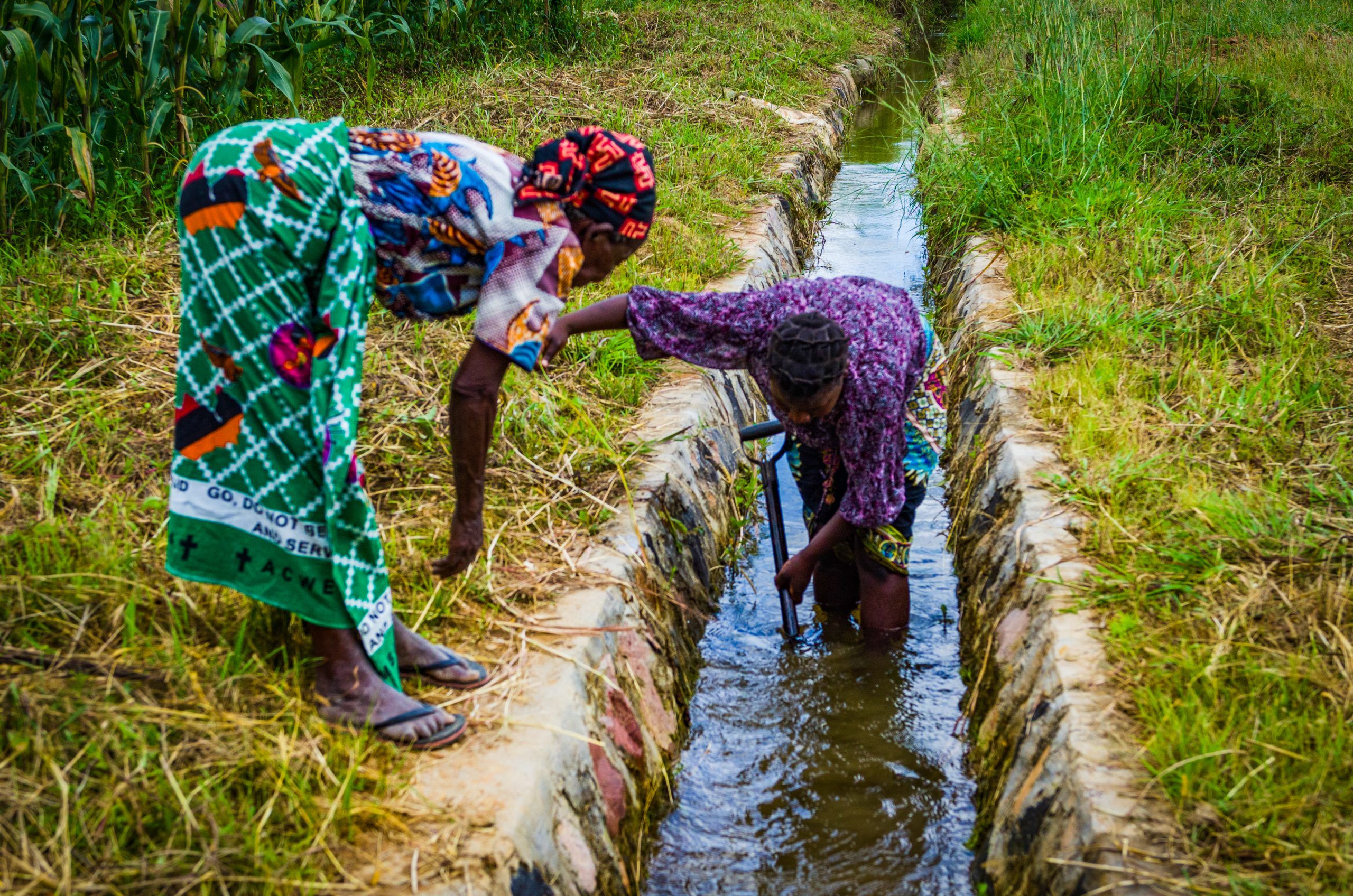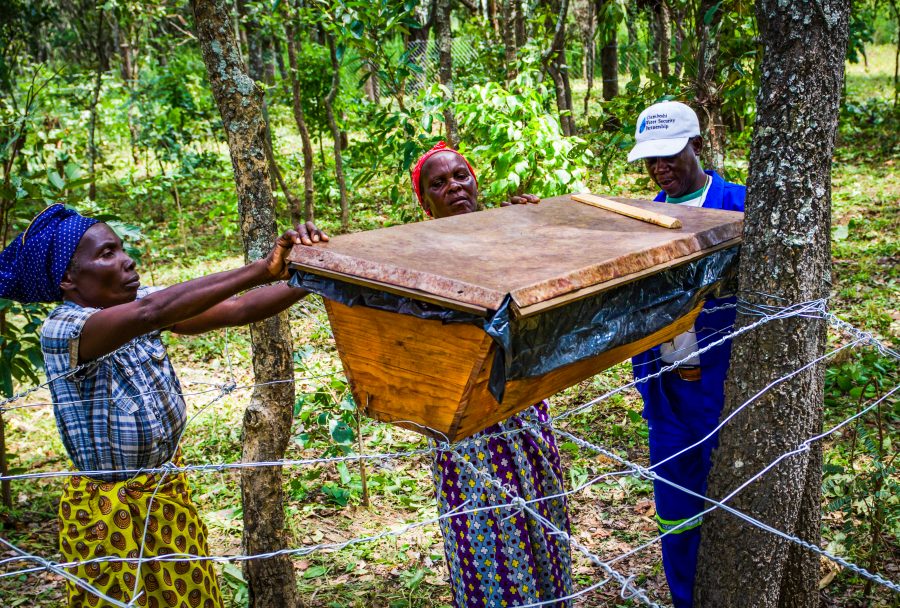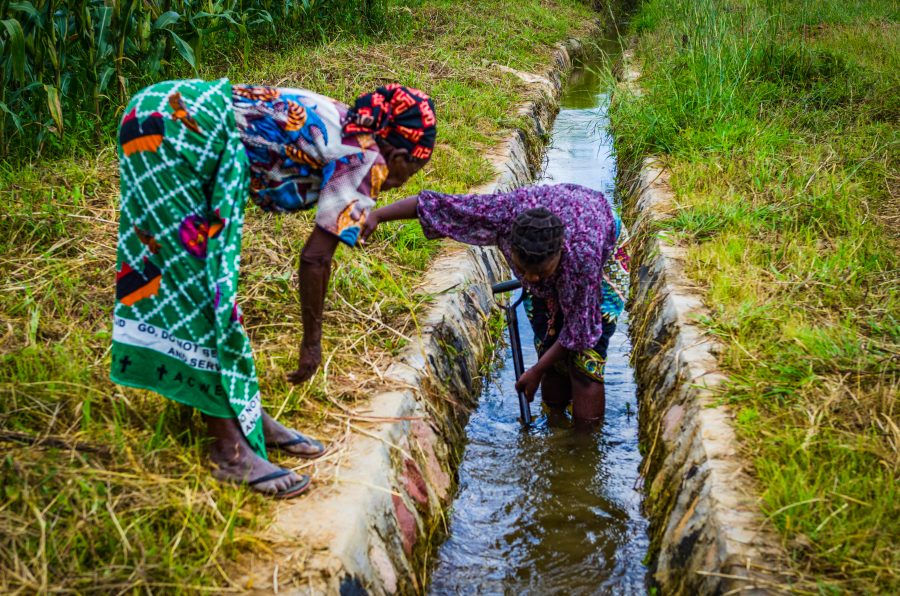Invitation to the online event “Stewardship for Circular Economies”
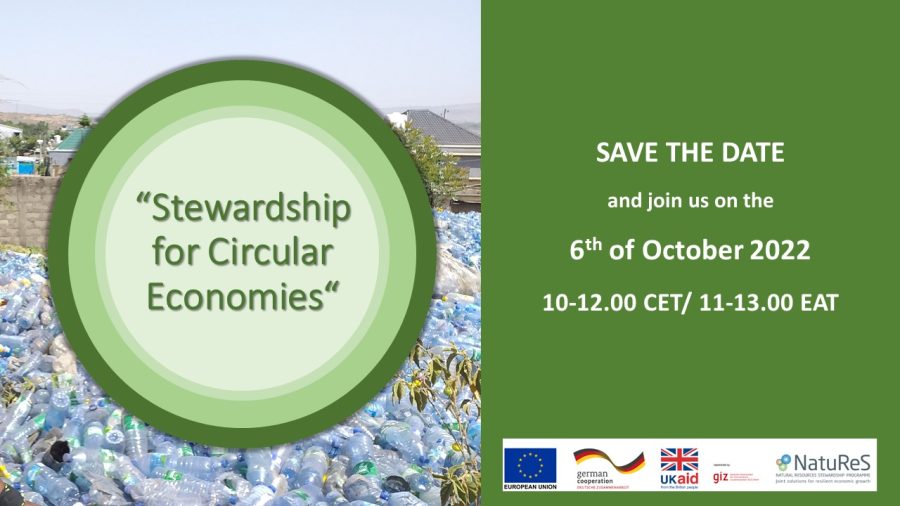
The circular economy framework brings a new approach to waste and materials management, considering the whole life cycle of resources, while paying attention to sustainable production, supply and management of resources. Transitioning to a circular economy requires a collaborative effort from all sectors and can only succeed through coordination along supply chains and product cycles.
Stewardship has proven successful in promoting circular economies.
The Natural Resources Stewardship Programme (NatuReS) supports multi-stakeholder partnerships in introducing circular economy practices. These partnerships bring together empowered communities, government stakeholders and a strong and engaging private sector to work on eye-level and jointly develop solutions to protect natural resources and promote sustainable economic growth.
During the event, representatives from public, private sector and civil society will share experiences, discuss best practices and reflect on lessons learned from promoting circular economies under a stewardship approach.
Join on the 6th of October to get hands-on insights! The event will take place online via MS Teams. Click here to join!
You will have the chance to listen to and discuss with the following panelists:
Public sector:
- Patience Nsereko, Principal Environment Officer NEMA, Uganda
- Kasenga Hara, Senior Inspector, National Water Supply and Sanitation Council, Zambia
- Takele Desissa, Addis Ababa Cleansing Management Agency, Ethiopia
Private Sector:
- Naa Adjeley Kome-Mensah, Kubik, Ethiopia
- Andy Bownds, EcoBrix, Uganda
CSO:
- Ian Matimba, People’s Process on Housing and Poverty, Zambia
Agenda for the event:
| Time (CET) | Item |
| 10:00 – 10:15 | Opening and welcome address |
| 10:15 – 10:45 | Partner journeys and experiences |
| 10:45 – 11:00 | Questions and discussion |
| 11:00 – 11.30 | Local solutions to circular economy partnerships |
| 11:30 – 11:45 | Questions and discussion |
| 11:45 – 12:00 | Closing remarks |
This event is part of the Urban October:
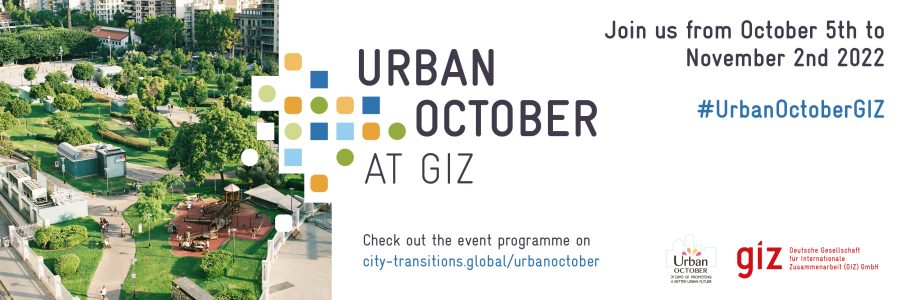
More infos will follow soon. Stay tuned! In the meantime, follow us on Twitter or subscribe to our newsletter!
